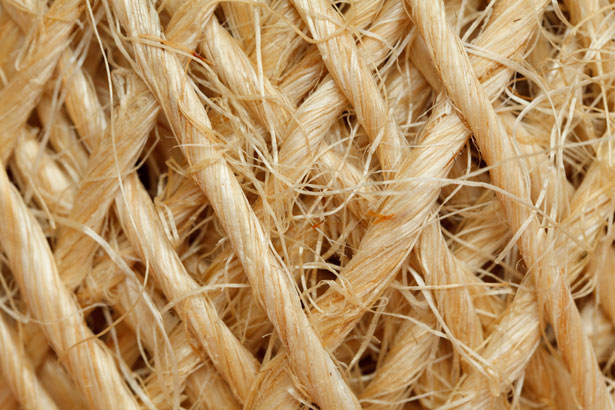#49 Postcard Trivia 4.2.19
Postcard c.1910. Photo by J.O. Sands, Nassau N. P. Bahamas. From the collection of J Garner.
This postcard features a crop of sisal plants on a plantation in Nassau, Bahamas, around the turn of the 20th century. The plantation did not last long, however. The promising sisal industry that began in the Bahamas in the 1890’s, fizzled out by 1920. Sisal is a species of the agave plant that produces long sturdy fibers used to make rope. When the plants reach the right size (4-5 years), the fleshy insides of the heavy leaves can be removed. What remains is a hard fibrous material that can be dried and made into rope and twine. Sisal rope was exported around the world and used mainly to bind agriculture products. Handling the heavy plants and drying the fibers is very labor intensive. Unfortunately, there were not enough workers in the Bahamas to sustain the businesses and soon producers in the Philippines and Mexico took over the market. Then the entire sisal industry suffered a huge setback at the end of the 1930’s when nylon rope was introduced with its stronger and longer-lasting properties. But have no fear - sisal is still available! The natural properties of sisal rope are still valued and sold at home improvement and hobby stores in a variety of sizes and colors for thousands of uses. Today, Brazil is the world’s largest producer of sisal fibers.
Trivia Question:
What other product is made from a species of the agave plant?
A. soap B. tequila C. cooking oil
See answer below.
Answer to Trivia Question:
B. Tequila. Tequila is distilled from the blue agave plant that grows in dry regions of Mexico. It’s name comes from the city of Tequila.
Source Links:
The Nassau Guardian. From the Collection.11.11.17
The Great Bahamian Hurricanes of 1899 and 1932 by Wayne Neely. iUniverse.
The Museum - Turks and Caicos. The Rise and Fall of Sisal.
Top Sisal Producing Countries. worldatlas.com



